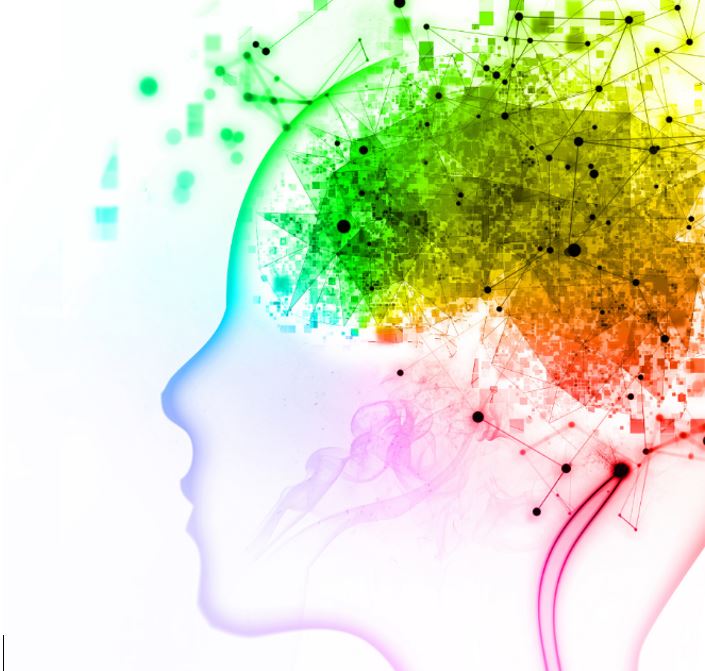Emotional intelligence (EI) often gets filed under “soft skills,” but its impact on mental health is anything but subtle. In practice, it’s one of the most consistent predictors of how well a person manages stress, maintains relationships, and develops emotional resilience. For those of us in the field of behavioral health, the link between emotional intelligence and emotional connection is not just evident—it’s foundational.
At its core, emotional intelligence involves self-awareness, emotional regulation, empathy, and effective interpersonal communication. But EI isn’t just about managing your own emotional state; it’s about being present with others in a way that allows for genuine connection. And that connection, research shows, plays a crucial role in long-term mental well-being. A 2021 meta-analysis published in Frontiers in Psychology highlighted how higher emotional intelligence is associated with lower rates of anxiety, depression, and loneliness.
When we talk about “emotional connection,” we’re talking about more than just being liked or understood—we’re referring to the sense of being seen. Emotional connection is the relational payoff of emotional intelligence. When someone is emotionally intelligent, they’re better equipped to listen with empathy, validate others’ experiences, and engage in meaningful ways that promote psychological safety. These relational dynamics can buffer stress and even reduce physiological markers of anxiety.
In therapy, clients who work on building their emotional intelligence often discover that their ability to form close, secure relationships improves over time. One client once told me, “It’s like I’m learning to be safe with myself, and now I’m safer with other people too.” That sense of internal and external safety—the ability to feel and foster connection—is not only therapeutic, it’s transformative.
There’s also a neurobiological underpinning to this relationship. Studies involving functional MRI have shown that individuals with stronger EI exhibit more regulated activity in the amygdala and prefrontal cortex—the brain regions responsible for emotional response and executive function. This suggests that emotional intelligence doesn’t just help us connect; it helps us stay calm and grounded while doing it.
In a world where loneliness is increasingly considered a public health issue, cultivating emotional intelligence is not optional—it’s essential. Whether through self-reflection, structured therapeutic support, or mindfulness practices, developing EI can open the door to deeper connection and more sustainable mental health.
For more expert insights and tools on emotional wellness, visit our blog library. To get started with care or explore your options, visit Virtual-Counseling.com.
